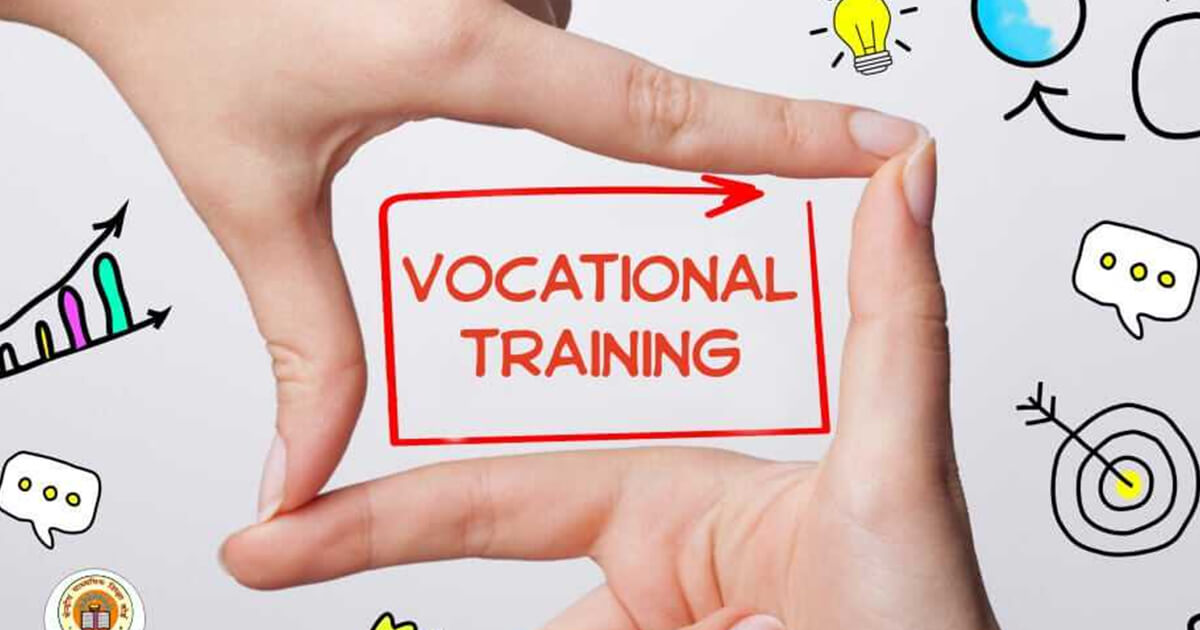
What Is Vocational Training and Why Is It Important Today?
Traditional education no longer meets the real needs of many young people. In Pakistan, millions enter the job market every year, but most struggle to find work. Despite having degrees, many graduates lack the hands-on skills employers need. The result? Frustration on both sides young people feeling stuck, and companies struggling to fill roles with job-ready talent.
This growing gap calls for a shift in how we prepare for the future. That’s where technical and vocational education comes in. But what is vocational training, exactly? It’s an approach to education that focuses on real-world, practical skills for specific careers.
Furthermore, in a country facing rising unemployment, poverty, and a widening skills gap, vocational training is more than a backup plan; it’s a lifeline. It equips young people with tools they can actually use, strengthens families financially, and provides Pakistan with a stronger, more resilient workforce.
What Is Vocational Training?
Vocational training teaches individuals how to perform jobs that require specialized skills. These include jobs such as plumbing, electrical work, healthcare, and auto repair. This type of learning is quite different from traditional school, where students primarily read and write. In vocational training, students learn through hands-on experience. This way, they are ready to work as soon as they finish the program.
Types of Vocational Training Programs
- Vocational training encompasses a diverse range of programs designed to develop job-specific skills.
- Programs range from short-term courses to longer diploma tracks.
- Key sectors include automotive repair, electrical systems, hospitality, health care, and IT.
- In Pakistan, demand for technical and vocational education is growing rapidly due to the increasing needs of the industry.
- The Hunar Foundation (THF) plays a leading role by offering globally recognized training programs.
- THF collaborates with industry partners to ensure activity aligns with market demand and real job opportunities.
Vocational Training Benefits for Youth
- Job-Ready Skills: Equips students with practical, hands-on skills that are immediately applicable in the workplace.
- Faster Career Start: Programs are typically shorter than university degrees, enabling young people to enter the job market sooner.
- Focused Learning: These programs are streamlined to concentrate only on relevant job skills without unnecessary academic coursework.
- Increased Employability: Graduates are more likely to find employment quickly because they meet the actual needs of employers.
- Financial Stability: A quicker path to employment means earlier earnings and a more secure financial future.
- Reduced Unemployment: By bridging the skills gap, vocational training helps reduce youth unemployment in Pakistan.
Vocational Training vs. Traditional Degrees: A Comparison
Vocational programs are usually cheaper, faster, and lead to jobs more quickly than regular college degrees. While universities focus on theory, vocational training teaches students how to work. Both paths have value, but skill-based learning is often better for quick job placement.
Vocational Training and Poverty Alleviation
This activity is a great way to fight poverty. When one person in a family learns a skill and gets a job, the whole family benefits. Over time, more families and communities become stronger. That’s how we build a better Pakistan.
Skill Development in Pakistan: The Need of the Hour
Pakistan has a large youth population, but many lack the necessary skills for employment. Normal school doesn’t teach the hands-on skills needed by factories, shops, and hospitals. Technical education, like vocational training, can help. It prepares young people for real-world jobs, enabling them to support the country’s industries and economy.
Youth Empowerment Through Skills
When young people learn new skills, they become more confident. They don’t have to rely on others or low-paying jobs. They can build a strong future for themselves. THF and other youth organizations are working hard to make this happen.
Why Parents Should Support Vocational Education
Some parents still think only college degrees matter. But times have changed. Vocational training gives students a good chance to earn quickly, avoid debt, and find jobs they enjoy. It’s a smart, safe choice for many families.
International Recognition and Mobility
Many THF programs give students certificates that are accepted in other countries. This means they can also work abroad. Pakistani workers with good skills are needed in places like the Gulf, Europe, and beyond. Skills open doors around the world.
How to Get Started with THF
Joining the Hunar Foundation is easy. Just visit their website, pick a training center, and apply. If you need help, there are scholarships and financial support. THF has centers in many cities, so more youth can learn and succeed.
Conclusion
What is vocational training? Helps youth build strong futures. It provides employment opportunities, supports families, and benefits the country. Now is the time to learn new skills and shape a better tomorrow.

